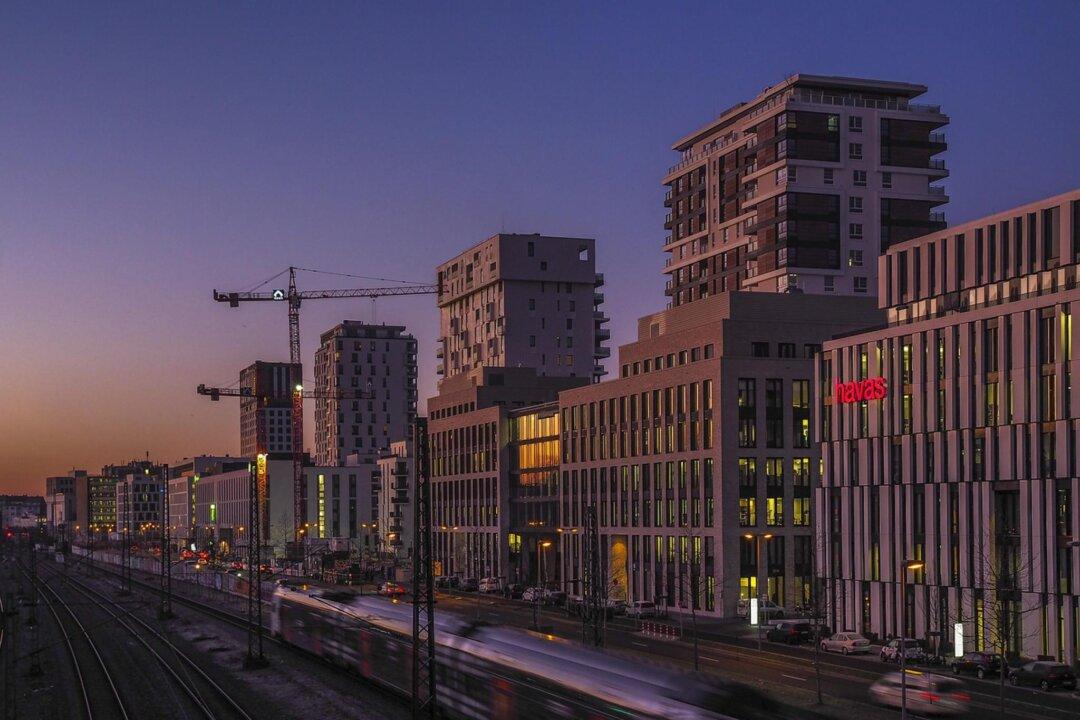The U.S. commercial real estate market slowed down for the first time in 13 months, as rising interest rates and inflation caused worries throughout the industry.
Commercial property sales for April fell 16 percent from the same month in 2021 to $39.4 billion, according to an MSCI Real Assets report last month.





